|
Donor privacy is under unprecedented threat across the country. According to a report last month from the non-partisan People United for Privacy, efforts to curb historical privacy protections are underway in no fewer than 31 states.
Matt Nese of People United for Privacy details this threat in a recent RealClear Policy piece, describing the means by which politicians of all political stripes ceaselessly endeavor to dox nonprofit donors, often under the guise of curbing the influence of “dark money” or foreign sources of funding. In practice, it’s rank-and-file domestic contributors – exercising their fundamental speech rights – who end up being harmed the most by such efforts. Look no further than Arizona’s Prop 211, the misleadingly titled “Voters Right to Know Act.” That measure was marketed as requiring disclosure of political “campaign” donors. Instead, it targets any group that speaks out on public policy issues – including nonprofits. It opens the door not just to self-censorship by those who may otherwise be inclined to donate to a cause, but also the possibility of doxing, intimidation, harassment, and cancellation. Multiple legal challenges to Prop 211 are ongoing. Should these challenges make it to the U.S. Supreme Court, history suggests it’s unlikely the justices will uphold the law. The Court first established our bedrock principle regarding donor privacy and the First Amendment in 1958 when it struck down a State of Alabama requirement that the NAACP reveal its donors. That potential for compelled disclosure would almost certainly have led to “harassment, economic reprisal, and physical harm” – danger enough for the Court to act to protect the First Amendment. Such reasoning carried through to 2021 when the Supreme Court struck down a California requirement for compelling donor disclosure for nonprofits. In the majority opinion, Chief Justice John Roberts noted “that it is hardly a novel perception that compelled disclosure of affiliation with groups engaged in advocacy may constitute as effective a restraint on freedom of association as [other] forms of governmental action.” The 2021 ruling hasn’t dissuaded the political class from continuing to push the boundaries when it comes to donor privacy. In Hawaii, SB 997 would require donor disclosure in the case of “[c]ommunications that advocate or support the nomination, opposition, or election of a candidate, regardless of whether the communication expressly advocates the election or defeat of a candidate.” In Washington, legislation is being developed purporting to ban so-called “foreign influenced” entities from participating in the political process if so much as 1 percent of their equity is owned by a foreign interest. Currently, foreign participation in elections is illegal; this is a clear attempt to curb the speech rights of Americans – and particularly non-profits who may rely on donations from large corporations. In these states, the war on donor privacy is not yielding to well-established precedent. This nationwide campaign is predicated on the not-unlikely hope that enough assaults will exhaust the courts and strip donors of privacy, bringing cancellation policies and doxing to donors of all stripes. Protect The 1st will continue to monitor these threats to the privacy necessary to protect free speech in America. The Becket Foundation is seeking to restore the ability of Mike and Kitty Burke to foster children in Massachusetts. As PT1st observed last year, the state blocked the Burkes from participating in the state foster program because they hold traditional Catholic views on gender and sexuality. The problem with the Burkes, the social worker wrote in her report, is that “their faith is not supportive, and neither are they.” But is that fair? The state enforces this policy despite the more than 1,500 unplaced minors in the system, some living in hotels. Blocking traditional religious couples from participating in a program that sorely needs more foster parents is just asking for children to grow up in a system, not a family. It sets a worrying precedent that millions of religious Americans can be blocked from state programs simply for holding traditional religious views. Watch this compelling video from Becket: The recent House passage of a bill to force the sale of TikTok from its Chinese parent company – or suffer an outright ban – triggers obvious questions about the First Amendment. Many of our fellow civil liberties organizations have come to TikTok’s defense, making the point that if the government can silence one social media platform, it can close any media outlet, newspaper, website, or TV channel.
They point to many of TikTok’s strongest critics, who accuse it of pushing China’s line on sensitive issues and dividing Americans in what promises to be an especially heated election season. But our civil liberties allies remind us that the First Amendment protects all speech, no matter how divisive, even if it echoes foreign propaganda. That is fine as far as it goes, but there are other issues beyond the First Amendment in the TikTok debate. Here is where we break ranks with some of our peers: We see real danger in TikTok’s accumulation of the personal data of its 150 million American users, and 67 percent of U.S. teens – and how TikTok’s influence could harm the First Amendment by threatening the freedom of the press and the speech of users. After reviewing results from a year-long, bipartisan investigation, the House concluded that TikTok is being used by Beijing to spy on American citizens. TikTok’s parent company, ByteDance, has had a notorious relationship with the Chinese Communist Party (CCP). As we wrote last year, the Department of Justice and FBI have been investigating ByteDance over CCP access to Americans’ data. According to Emily Baker-White, a Forbes reporter who was herself surveilled by ByteDance, the department and U.S. Attorney for the Eastern District of Virginia have hit the Chinese firm with subpoenas about its purported surveillance of U.S. journalists. The company’s data policies have led multiple states to ban the app on state employee devices. It would be a flagrant violation to ban a newspaper for its content. But what if a hostile power deliberately manufactured newspapers with arsenic dye, toxic to the touch? In such a case, First Amendment issues would be irrelevant. ByteDance is compelled by Chinese law to share all its data with the Beijing government, and its military and intelligence agencies. Senators should determine whether the toxicity of the threats posed by TikTok's data practices and its relationship with the CCP necessitate action. This is not the first time the United States has forced a Chinese company to divest a social media platform. In 2020, the Committee on Foreign Investment in the United States raised the alarm about Kunlun Tech’s acquisition of Grindr, a popular LGBTQ dating app. The app already had a poor reputation for data security, but the committee was reportedly worried that the Chinese government could use personal data from the app to blackmail U.S. citizens, including government officials. The committee gave Kunlun a deadline by which it had to sell Grindr, and the app was sold back to an American owner. Forcing a media outlet to sell or go out of business is a drastic action, not to be undertaken lightly. But as the Senate debates, we should keep in mind that there are issues at stake in the TikTok controversy that go beyond the First Amendment. The U.S. Supreme Court recently set aside a Fourth Circuit decision in Speech First v. Sands, declining to wade into a snowballing collection of campus speech controversies. Washington Post columnist George Will called this a “passive dereliction of duty.” We wouldn’t go that far. Given the ongoing circuit split regarding campus speech policies, the Court will have to address the issue eventually. They may just need a better avenue – or moment – for doing so.
This case concerns Virginia Tech, which created a “Bias Intervention and Response Team” policy that encourages students to anonymously report to school officials any perceived expressions of bias amongst their cohorts, after which the accused may be referred for discipline. Virginia Tech defined “bias incidents” as “expressions against a person or group” based on “age, color, disability, gender, gender identity, gender expression, genetic information, national origin, political affiliation, race, religion, sexual orientation, veteran status, or any other basis protected by law.” In 2021, advocacy group Speech First sued Virginia Tech on behalf of several students, arguing that the policy unconstitutionally chills speech by creating “a literal speech police” and forcing students to self-censor. The Fourth Circuit ruled for the university in May, siding with the Seventh Circuit (which ruled similarly in another case) and against the Fifth, Sixth, and Eleventh Circuits (which found that campus policies chilling speech constitute sufficient harm to support standing). Speech First estimates that more than 450 colleges have bureaucratic thought police operations similar to Virginia Tech’s – though, likely expecting a negative result in the Supreme Court, Virginia Tech recently modified its policy, leading to the March 4 holding, rendering the controversy moot. Still, Justices Thomas and Alito didn’t hold back in their dissenting opinion urging a resolution in the circuit split. Thomas writes: “This petition presents a high-stakes issue for our Nation’s system of higher education. Until we resolve it, there will be a patchwork of First Amendment rights on college campuses: Students in part of the country may pursue challenges to their universities’ policies, while students in other parts have no recourse and are potentially pressured to avoid controversial speech to escape their universities’ scrutiny and condemnation. We should grant certiorari to resolve this issue.” Until the Court acts, colleges and universities in much of the country will be free to pursue Orwellian surveillance operations against students who fail to embrace predominating dogmas. When another case ripens, the Supreme Court should step in. The U.S. Supreme Court heard oral arguments Monday in Murthy v. Missouri, a case addressing the government's covert efforts to influence social media content moderation during the Covid-19 pandemic. Under pressure from federal and state actors, social media companies reportedly engaged in widespread censorship of disfavored opinions, including those of medical professionals commenting within their areas of expertise.
The case arose when Missouri and Louisiana filed suit against the federal government arguing that the Biden Administration pressured social media companies to censor certain views. In reply, the government responded that it only requested, not pressured or demanded, that social media companies comply. Brian Fletcher, U.S. Principal Deputy Solicitor General, told the Court it should “reaffirm that government speech crosses the line into coercion only if, viewed objectively, it conveys a threat of adverse government action.” This argument seems reasonable, but a call from a federal agency or the White House is not just any request. When one is pulled over by a police officer, even if the conversation is nothing but a cordial reminder to get a car inspected, the interaction is not voluntarily. Social media companies are large players, and an interaction with federal officials is enough to whip up fears of investigations, regulations, or lawsuits. In Murthy v. Missouri, it just so happens that the calls from federal officials were not just mere requests. According to Benjamin Aguiñaga, Louisiana’s Solicitor General, “as the Fifth Circuit put it, the record reveals unrelenting pressure by the government to coerce social media platforms to suppress the speech of millions of Americans. The District Court which analyzed this record for a year, described it as arguably the most massive attack against free speech in American history, including the censorship of renowned scientists opining in their areas of expertise.” At the heart of Murthy v. Missouri lies a fundamental question: How far can the government go in influencing social media's handling of public health misinformation without infringing on free speech? Public health is a valid interest of the government, but that can never serve as a pretense to crush our fundamental rights. When pressure to moderate speech is exerted behind the scenes – as it was by 80 FBI agents secretly advising platforms what to remove – that can only be called censorship. Transparency is the missing link in the government's current approach. Publicly contesting misinformation, rather than quietly directing social media platforms to act, respects both the public's intelligence and the principle of free expression. The government's role should be clear and open, fostering an environment where informed decisions are made in the public arena. Perhaps the government should take a page from Ben Franklin’s book (H/T Jeff Neal): “when Men differ in Opinion, both Sides ought equally to have the Advantage of being heard by the Publick; and that when Truth and Error have fair Play, the former is always an overmatch for the latter …” Protect The 1st looks forward to further developments in this case. A case from Grants Pass, Oregon, presents a compelling study and examination of the role that religious charities play in helping the helpless.
In 2018, a group of homeless people sued the City of Grants Pass over its municipal ordinances – and hefty fines – meant to prohibit sleeping on public land. Specifically, the group alleged violations of the Eighth Amendment, which bans “cruel and unusual punishment.” In 2023, the Ninth Circuit Court of Appeals ruled for the plaintiffs using its own particularized formula that bans the prosecution of homeless people if there “is a greater number of homeless individuals … than the number of available” shelter beds. At the same time, the court relied on precedent asserting that shelters with a “mandatory religious focus” could not be included in their calculations due to possible violations of the Constitutional prohibition against the establishment of religion. Whatever one thinks of the underlying issue about rights and responsibilities regarding homelessness, the Ninth Circuit’s disregard for religious charitable organizations shows a broader legal hostility towards religion itself. Worse, it discounts religious institutions’ many contributions to social welfare and safety. In 1971, the Supreme Court held in Lemon v. Kurtzman that state statutes do not violate the Establishment Clause if they: 1) have a secular purpose 2) do not advance or inhibit religion, and 3) do not result in “excessive government entanglement” with religion. The test was used repeatedly as a means to disenfranchise – or entirely disregard – religious institutions that contribute to the public good. In 2022’s Kennedy v. Bremerton School District, U.S. Supreme Court Justice Neil Gorsuch instructed lower courts to ignore Lemon, instead directing them towards a historical analysis that takes into account what was understood as a religious “establishment” when our nation was founded. Unfortunately, this guidance is largely disregarded across the United States. As the Becket Fund writes, “[f]or decades, the Lemon test had caused courts to incorrectly apply the Establishment Clause, driving religious people and religious ideas out of public life. Even though Lemon was overturned, many lower courts, including ones within the Ninth Circuit, continue to rely on it.” Becket’s amicus brief before the U.S. Supreme Court, which is set to review the case soon, urges the justices to “reiterate that courts should apply a historical test” when deciding on Establishment Clause violations. Much is at stake behind this seemingly esoteric legal issue. Religious institutions unquestionably have always had and continue to have a major role in providing a social safety net in the United States. Continuing to rely on the Lemon test, which categorically excludes religious organizations from public life due to their “overall religious atmosphere,” is a gross overextension and misinterpretation of the First Amendment’s Establishment Clause. As the Becket Fund notes, it “confuses private and state action” when it comes to making distinctions about religion. Overall, this ruling is indicative of widespread local government dismissal of, or even hostility toward, the social contributions of people of faith. If a theocracy is one extreme the courts wish to avoid, a secular lack of acceptance for religious pluralism is the opposite extreme. Governments should welcome religious institutions that provide social safety nets. And it starts with the rejection of a reactionary, overruled legal doctrine that discredits the civic contribution of religious charities. Forty-nine states protect journalist-source confidentiality. But the federal government does not. Gene Schaerr, our general counsel, co-authored a piece in The Dallas Morning News with Seth Stern, the director of advocacy for Freedom of the Press Foundation and a First Amendment lawyer, on The PRESS Act.
The PRESS Act is the strongest federal “shield” bill for journalists ever introduced. Not only would it stop the government from compelling journalists themselves to burn sources, but it would also bar officials from surveilling phone and email providers to find out who is talking to journalists. Dissenting Judge: “Will prevent worshipers from ever again exercising their religion” |
Archives
June 2024
Categories
All
|
ABOUT |
ISSUES |
TAKE ACTION |


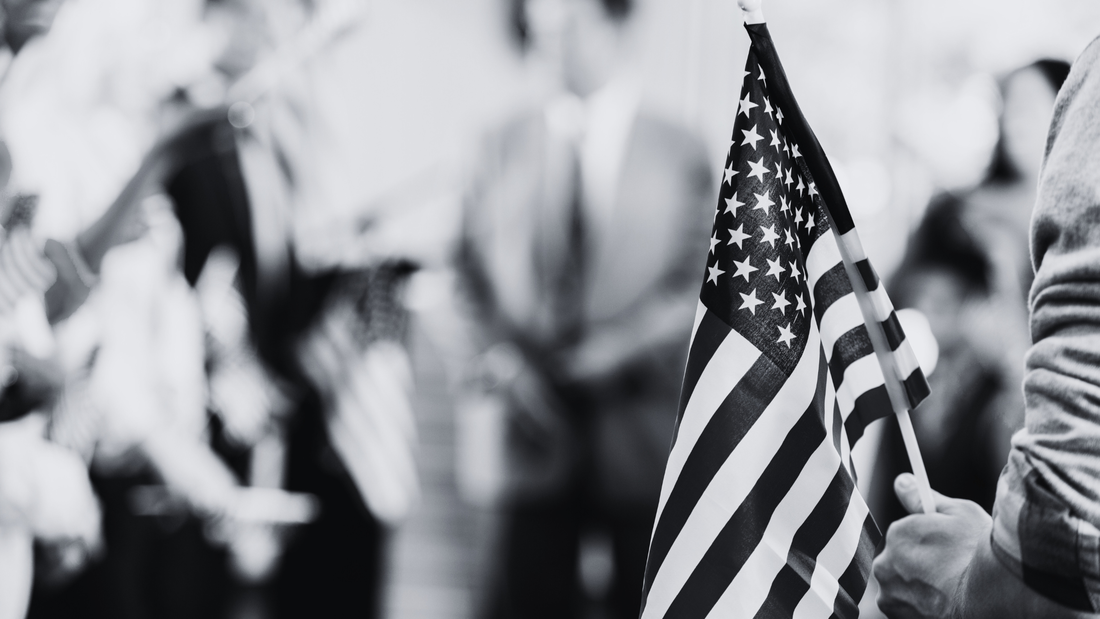

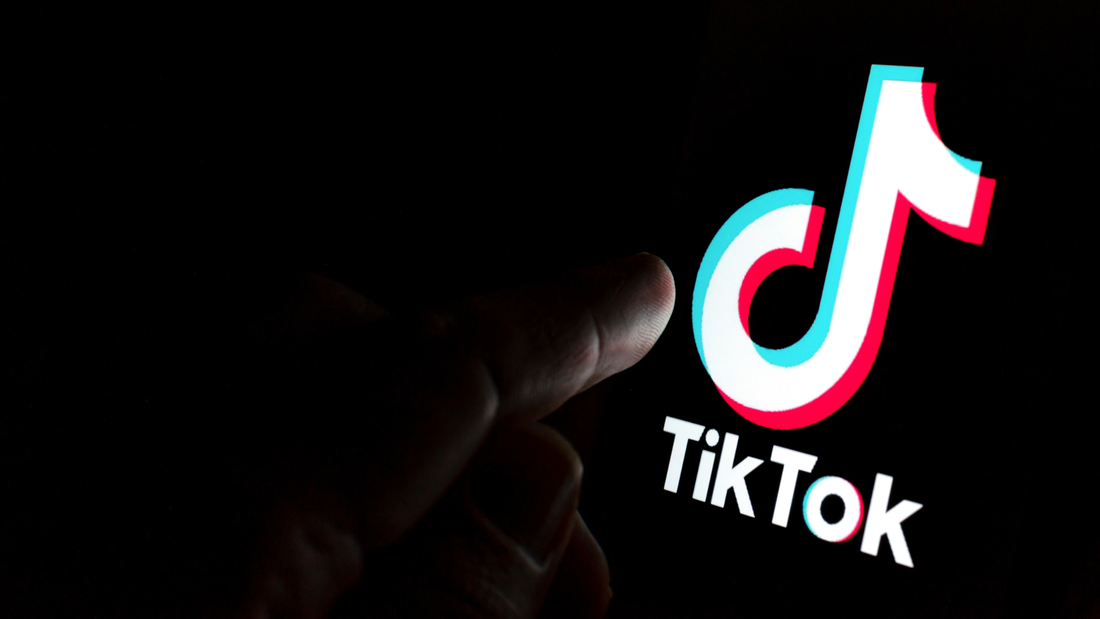
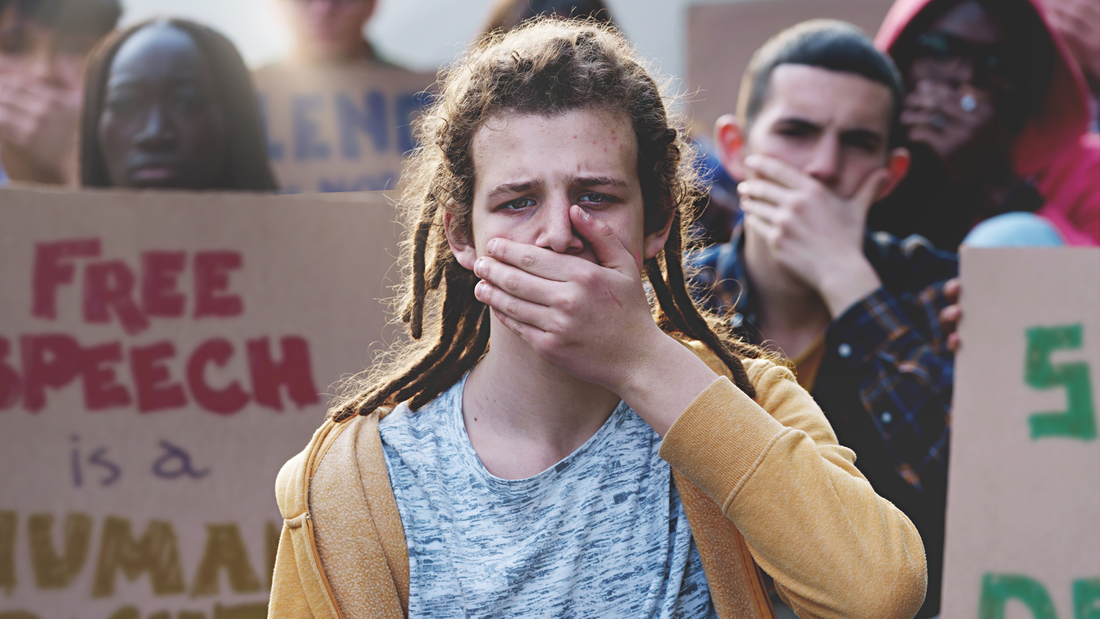
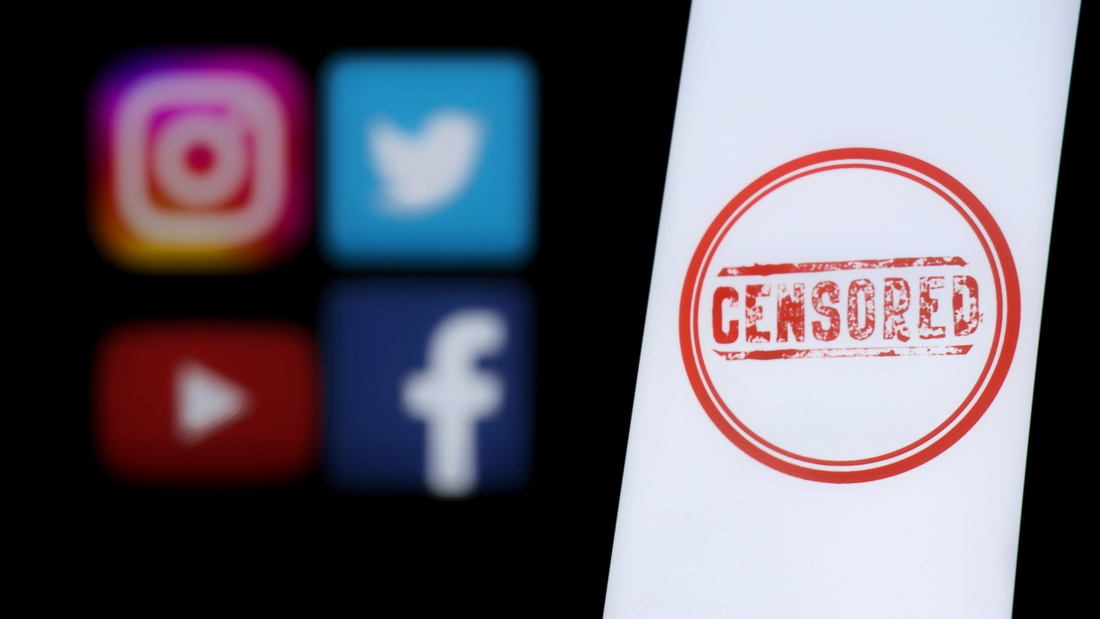
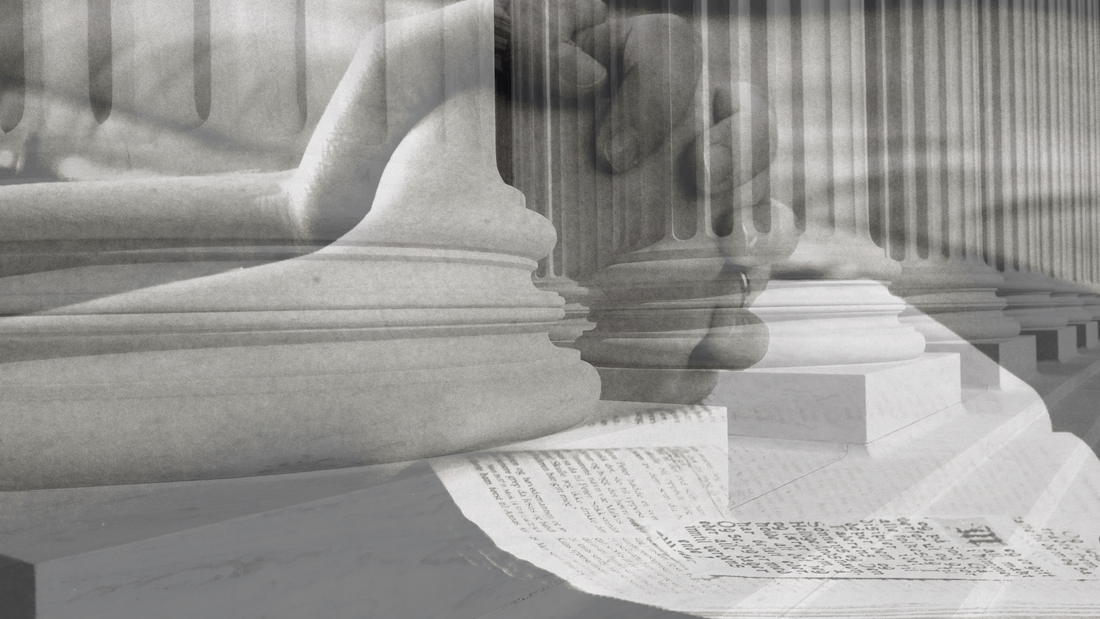
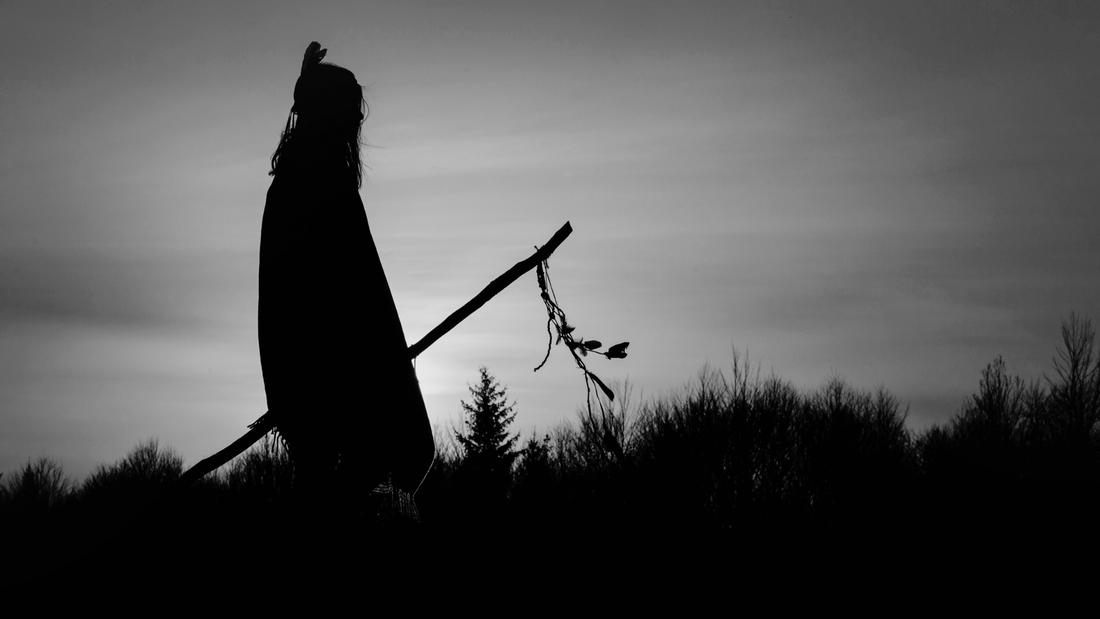
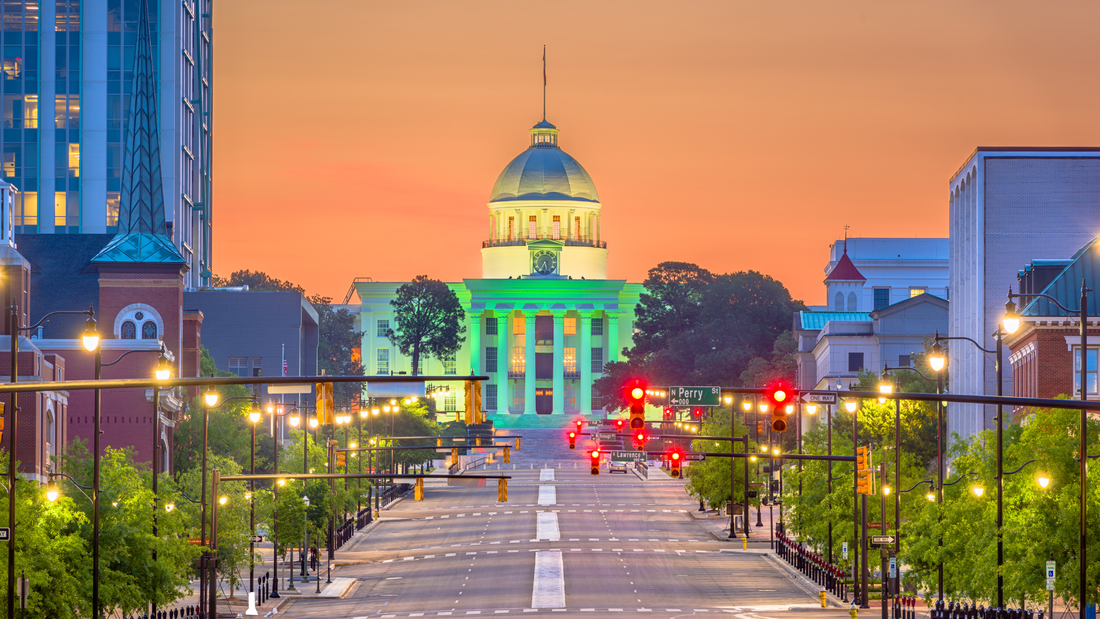


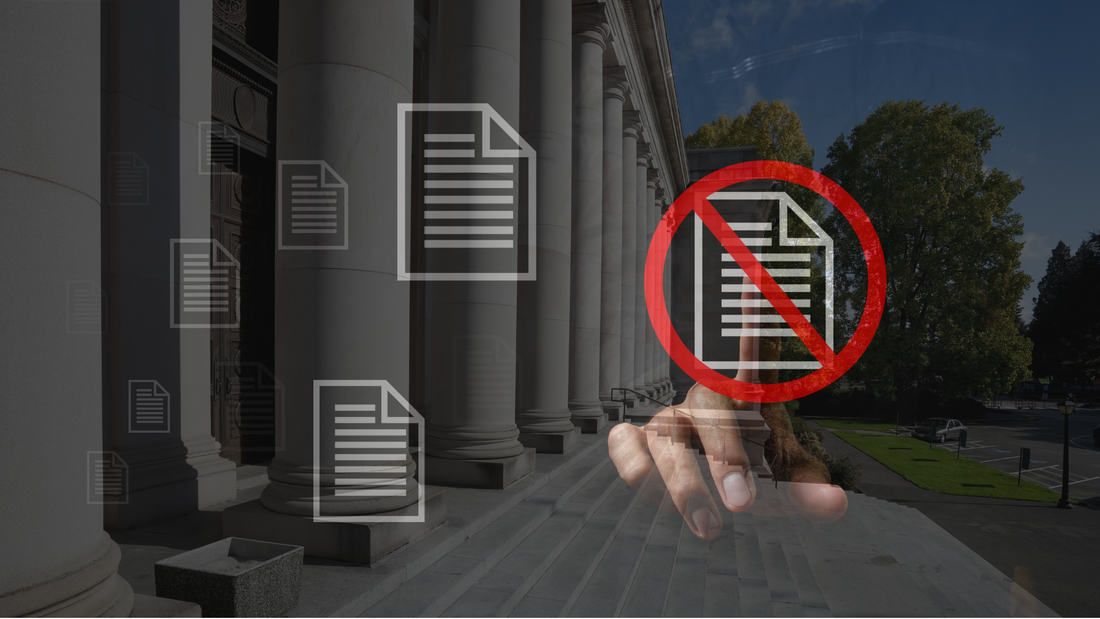
 RSS Feed
RSS Feed